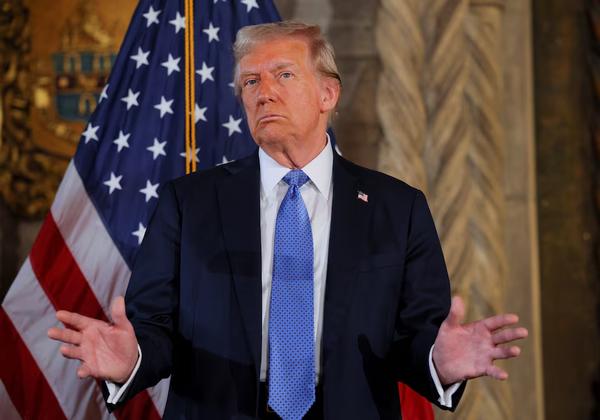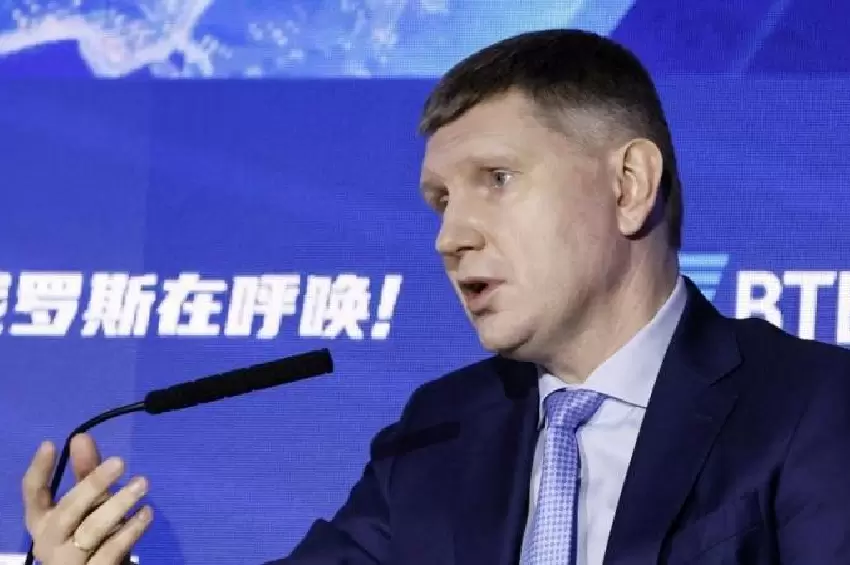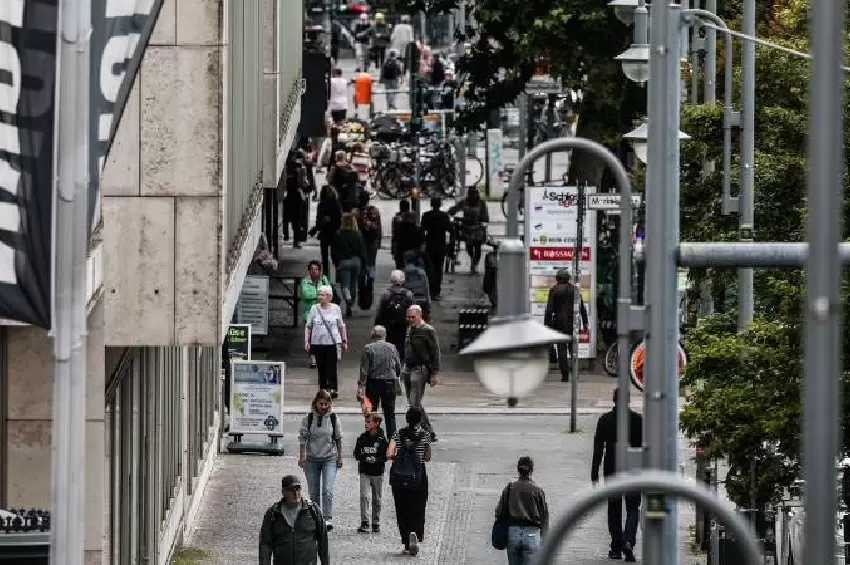Global Central Banks Adjust Rates Amid U.S. Trade Policy Shifts
On December 11, the Bank of Canada made a significant move by cutting its rate by 0.5 percentage points, signaling a shift in the global monetary policy landscape. This action was followed by the European Central Bank (ECB) reducing its base rate by 0.25 percentage points on December 12. However, on December 19, the central banks of the United Kingdom, Japan, and Taiwan held their respective monetary policy meetings and decided to freeze interest rates. Similarly, the People's Bank of China and the Central Bank of Russia maintained their rates on December 20.

These decisions reflect a cautious approach by major central banks in response to uncertainties stemming from Donald Trump's policies. The Bank of England (BOE) maintained its base rate at 4.75%, while the Bank of Japan (BOJ) kept its short-term policy rate at 0.25%. Taiwan's central bank continued its base rate at 2.0% for the third consecutive time. The People's Bank of China kept its Loan Prime Rate (LPR) at 3.1% for one-year maturities and 3.6% for five-year maturities. The Central Bank of Russia decided to keep its base rate at 21%.
According to Bloomberg on December 22, the central banks of the United Kingdom, Japan, and Taiwan cited geopolitical tensions and uncertainties related to Trump's re-election as the reasons for their decisions. The BOE stated, "The next U.S. administration has proposed raising tariffs in ways that could affect global trade, which may have direct and indirect impacts on the UK economy." Similarly, the BOJ noted, "There is significant uncertainty regarding the economic policies of the next U.S. administration." The Central Bank of Russia added, "The necessity of a rate hike will be evaluated in the next meeting."
The backdrop to these decisions involves the role of central banks in managing a country's currency, money supply, and interest rates. They use tools like interest rate adjustments to control inflation, stabilize the currency, and promote economic growth. Interest rates are a key tool in monetary policy; lowering rates can stimulate economic growth by making borrowing cheaper, while raising rates can help control inflation by making borrowing more expensive. A "freeze" on interest rates means maintaining the current rates without changes.
Donald Trump's declaration to impose "high tariffs" on imported goods worldwide is expected to significantly impact inflation and growth rates. During his presidency, Trump implemented protectionist trade policies, including high tariffs on imported goods, aiming to protect domestic industries. These tariffs can lead to higher costs for imported goods, contributing to inflation and potentially slowing economic growth. Tariffs can disrupt global trade by increasing costs for businesses and consumers, leading to reduced trade volumes, supply chain disruptions, and retaliatory measures from other countries. This uncertainty can affect global economic stability.









Comments